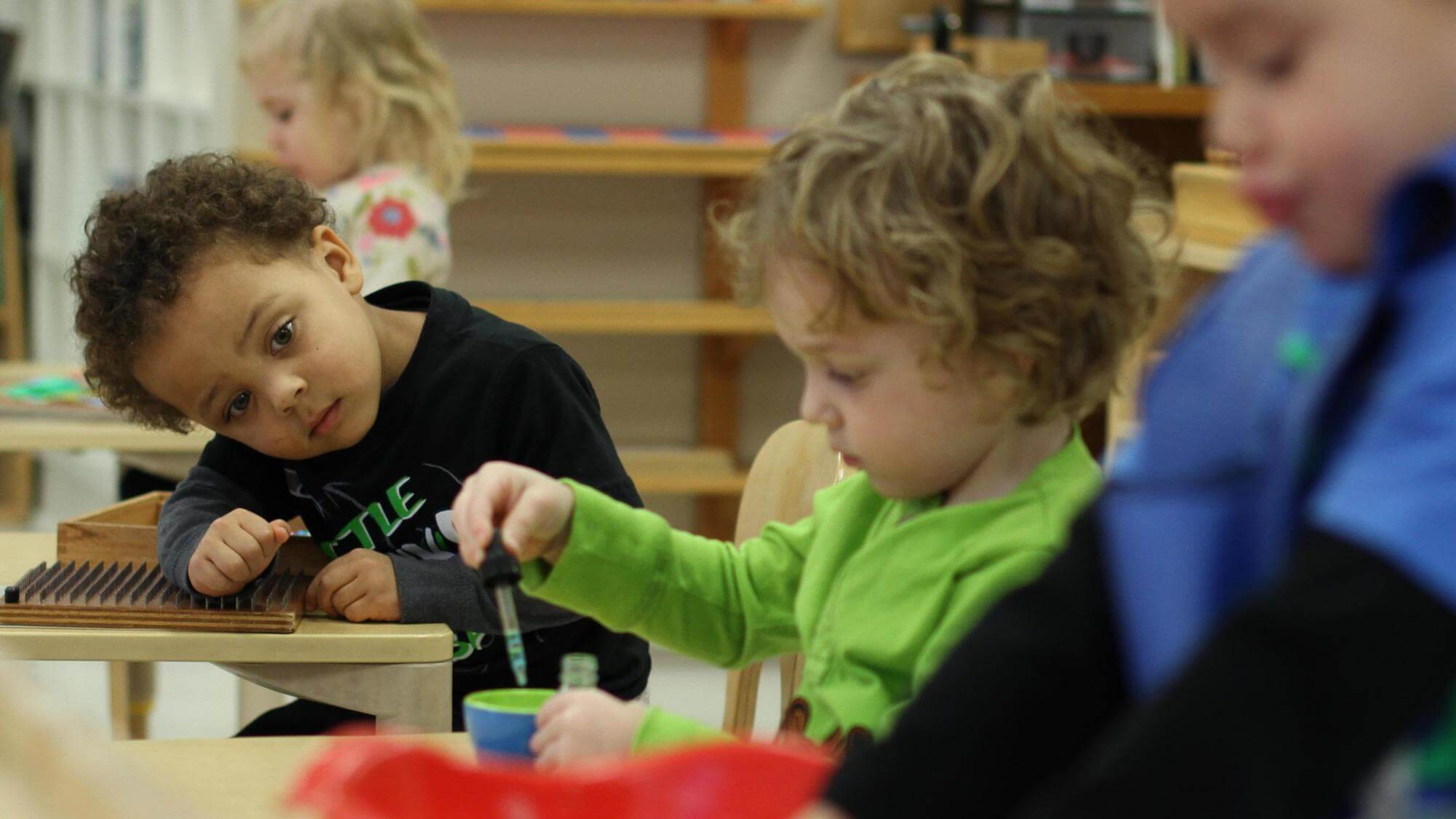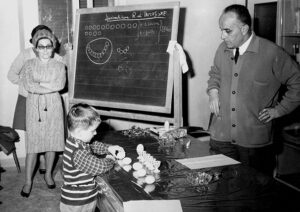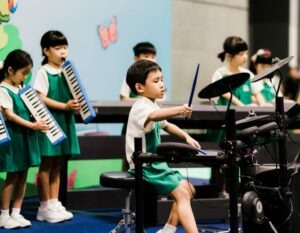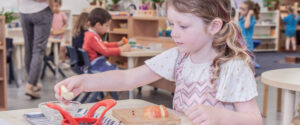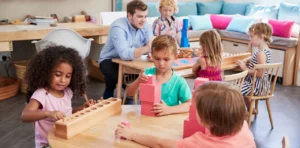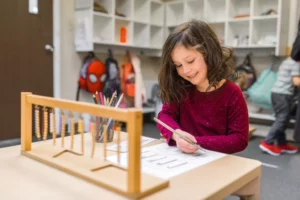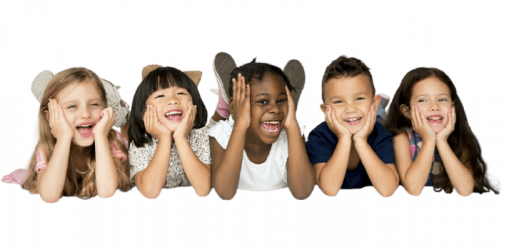You’ve probably heard of Montessori schools and may even be aware that they are highly regarded, but how well do you know the Montessori Method? Do you know what are the impacts of Montessori Education on Children? It’s a program that’s been around for over a century, and it’s still one of the best ways to educate young children around the world. Do you know about the history and significance of this ground-breaking educational theory?
Around the turn of the century, the Montessori Method was developed in Italy. Dr. Maria Montessori was a remarkable woman: a physician, educator, and innovator in an era when women were largely restricted to the roles of wife and mother. She founded her first school in 1907, believing that children would benefit more from experience and hands-on manipulation of materials than from direct instruction. She began training teachers in 1909, and her notes became her first book. The Montessori Method arrived in the United States in 1912 and has been a huge success for over a century.
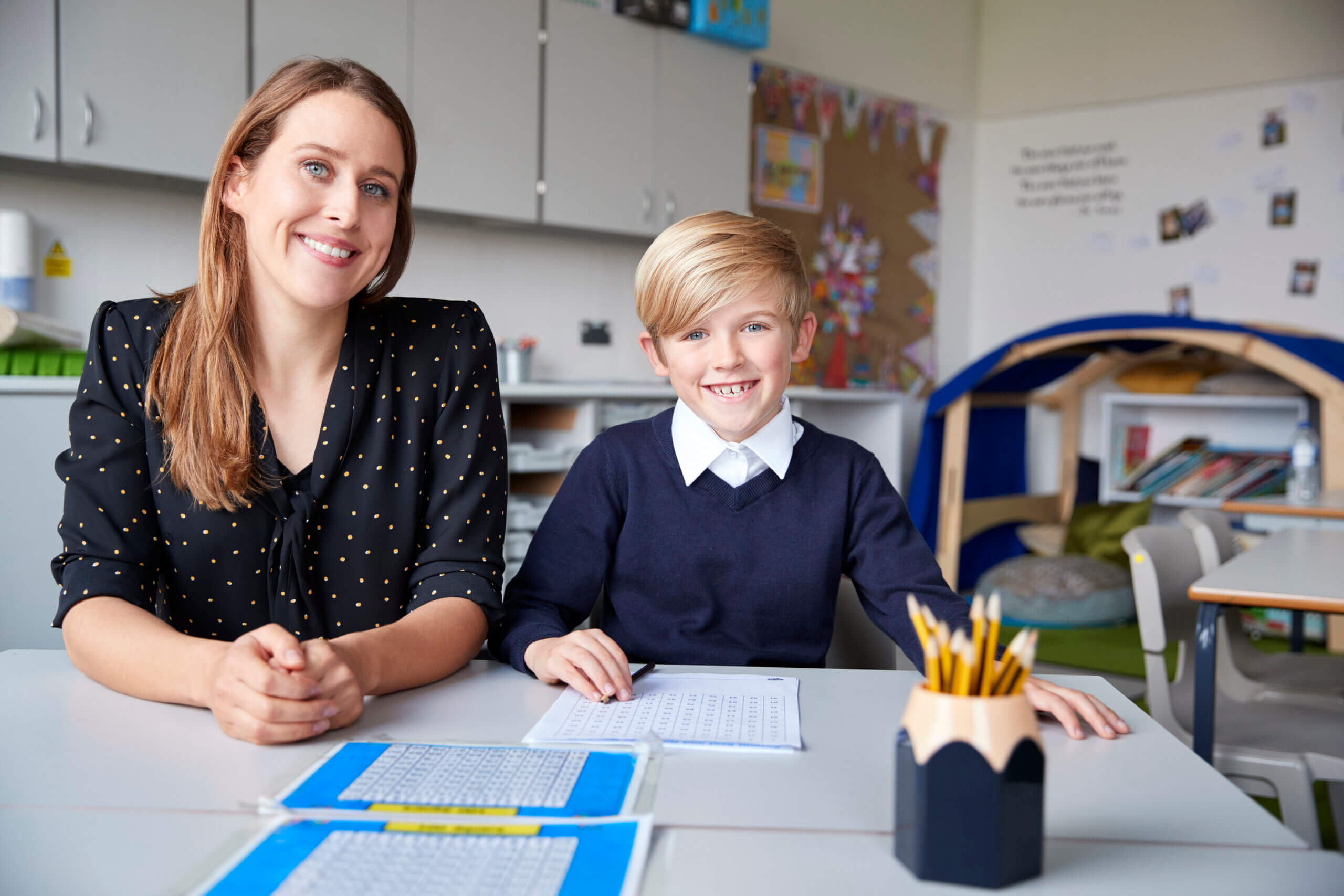
Impact of Montessori Method on early childhood education:
Montessori changed the face of education not only in Italy but around the world in many ways. Traditional education has begun to borrow heavily from Montessori, putting into practice concepts such as:
Whole Child Development:
Schools are embracing this concept, emphasizing both character development and academic achievement. It represents a significant shift in emphasis away from “teaching to the test” and toward the development of the child’s cognitive, physical, creative, and socio-emotional capacities.
Individualized education:
To some extent, traditional education has shifted to recognize different learning styles and embrace student-led learning. Montessori education is so far from “one-size-fits-all” that even grade levels are flexible, grouped by developmental range rather than chronological age. It allows children to learn at their own pace, and classroom instruction is designed so that students can complete tasks before moving on, giving them a sense of accomplishment.
Integrated instruction:
Traditional schools are catching on to the idea of incorporating key concepts from various subjects into the core curriculum. Teachers teach students to be independent thinkers with strong self-confidence by showing them the connections that exist between different curricula, allowing them to apply skills they have learned, and providing opportunities to learn real-world skills.
Traditional schools do not fully support the Montessori Method, but Montessori schools thrive. This is because these schools can inspire creative thinking and empower children by cultivating children’s natural curiosity.
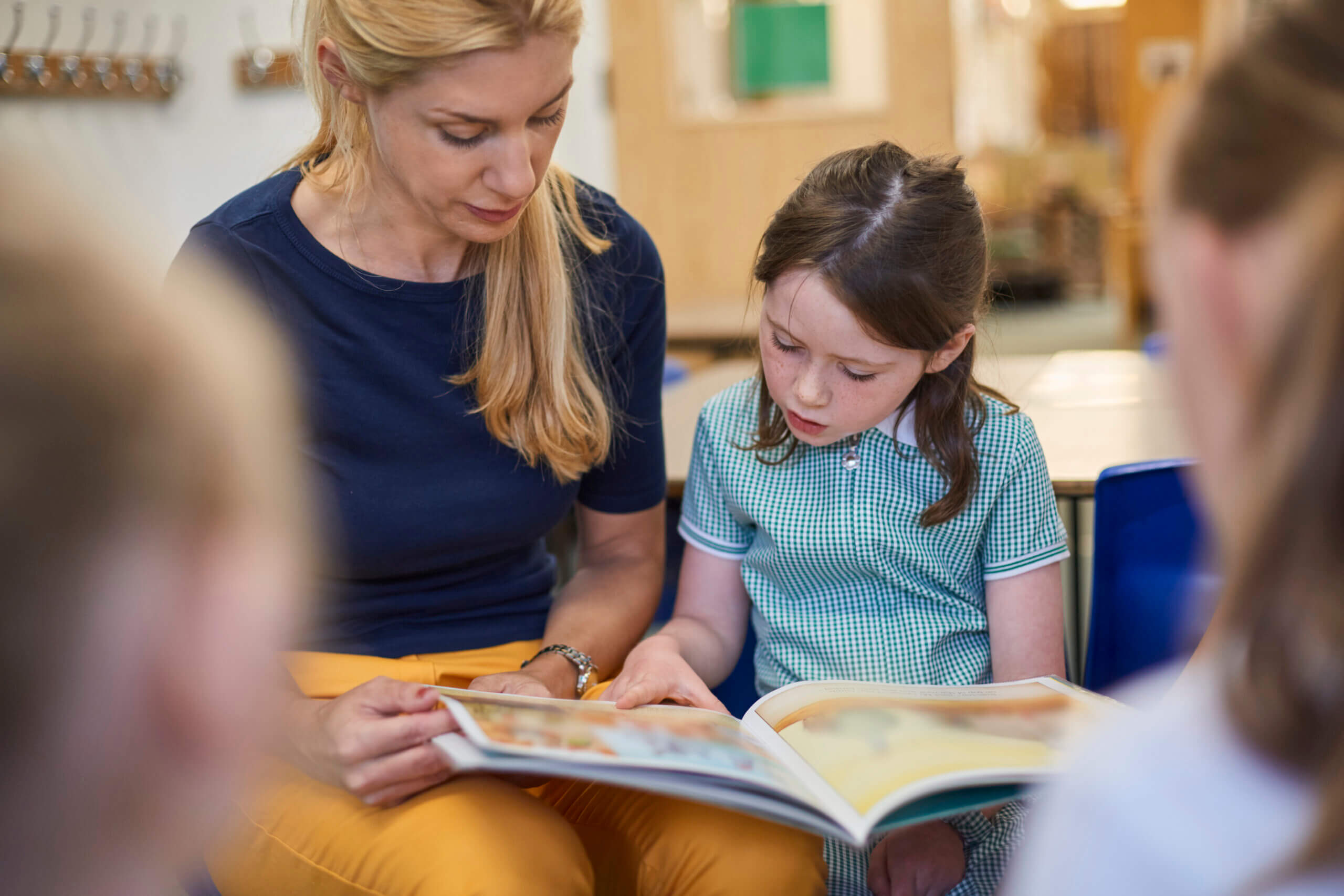
Impact of Montessori on Modern Education:
Education as a Science-
Today, we treat education as a science. For educational improvement, we rely on experimentation, observation, and other scientific methods. Montessori taught scientifically, emphasizing observation and experimentation.
Individualized Instruction-
Individuals are given due weightage in today’s educational system. Montessori believed that each child should receive individual attention. Each child should be allowed to develop uniquely. The emphasis on individual teaching is an improvement over traditional group teaching methods.
Psychological Approach to Education-
In the modern educational system, we place a high value on the psychology of the child. Today, we place a premium on a child’s needs, interests, motivations, and potential. The spirit of play is also encouraged. Montessori psychologized education and acknowledged the significance of psychological principles.
Children’s Liberty-
Montessori was a driving force behind the “Freedom for the Child” movement. Every human being has the fundamental right to freedom. Montessori was the first educator to show us the practical application of freedom in the classroom. In many ways, the modern educational system gives the child freedom.
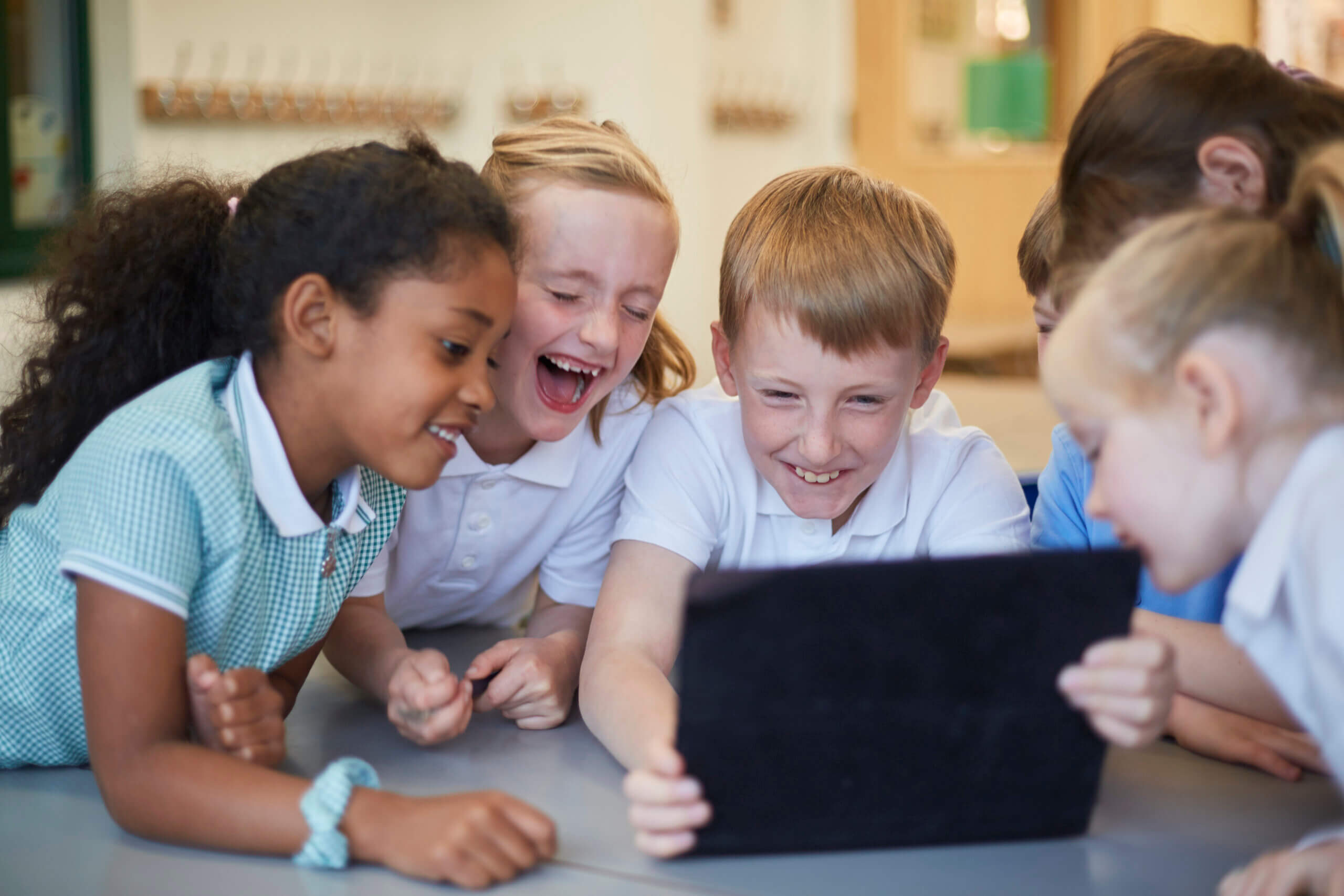
Positive discipline-
Montessori introduced us to a new concept of discipline. She was opposed to all forms of rewards and punishments because they encourage a child’s unnatural development. Her definition of discipline is self-control and self-directed activity. It should not be obtained through repressive measures. It should not be imposed from without, but rather from within. Montessori’s concept of discipline has had a significant influence on modern discipline.
Education for Democracy-
Montessori’s ‘Children House’ was a democratic institution in which children had to respect the freedom of others and work cooperatively in various activities such as cleaning the rooms and serving meals in the lunchroom. Modern institutions are also democratically run.
Learning by Doing-
The importance of learning by doing has grown in the modern educational system. Children learn by doing and living in Montessori’s educational system.
The Right Place for the Teacher-
Teachers have a special role to play in the Montessori system. They are responsible for providing the appropriate environment and material at the right time. They are not to spoon-feed anyone. They should assist students who seek assistance. Montessori uses the term ‘directress’ instead of ‘teacher.’
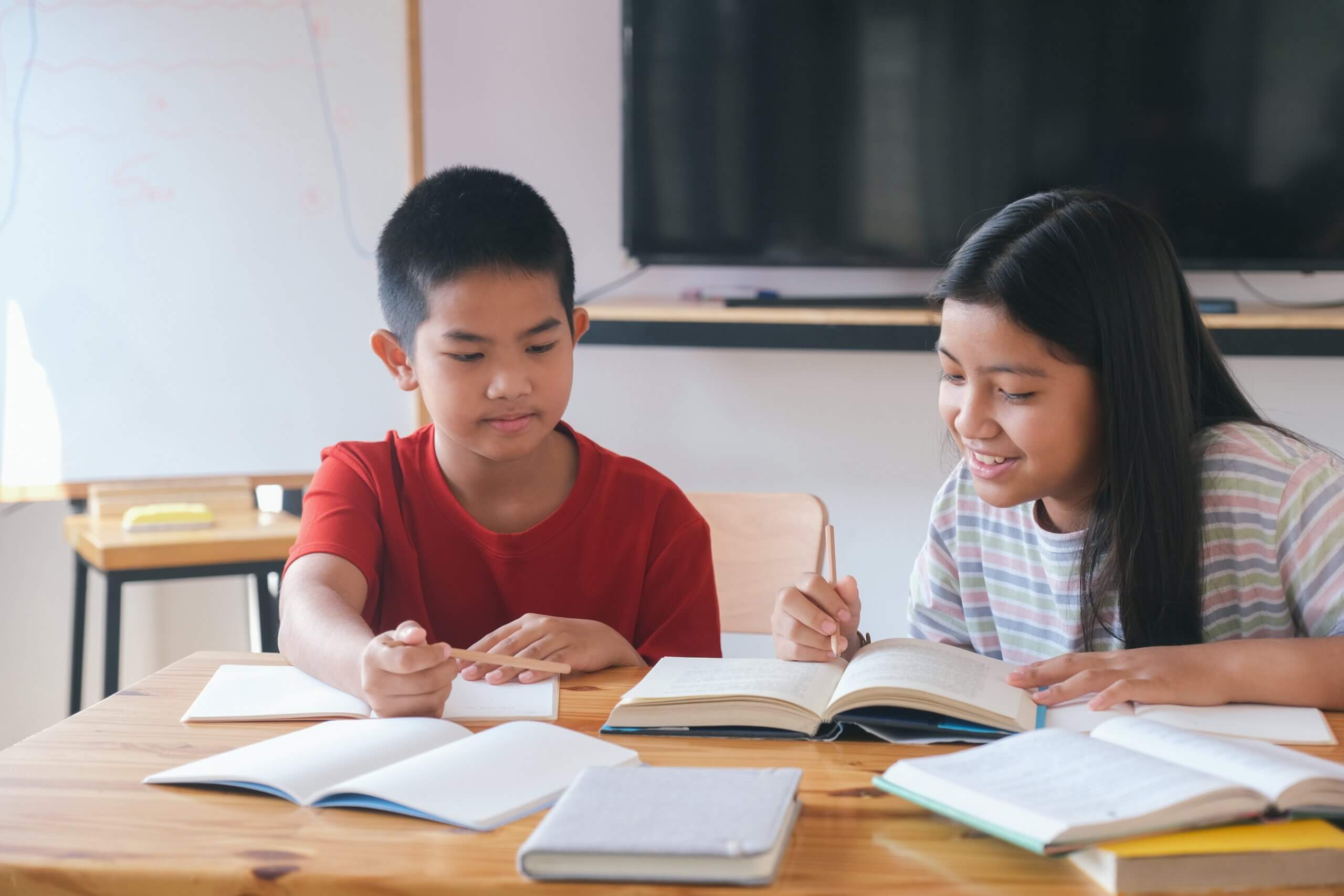
Conclusion:
Montessori’s goal of developing a transformative pedagogy has had a long-term impact on education. Her development of a methodology that followed the child and allowed the child to express themselves influenced the methods of subsequent educational theorists. The Montessori System of Education is the most scientific, comprehensive, effective, and humane early education system available. One of the main tasks of the Montessori-trained adult in a Montessori environment will be to instill self-confidence and thus build the child’s self-esteem. So, why wait? Choose the best Montessori School for your child!

